Indigenous Governance Database
citizen engagement
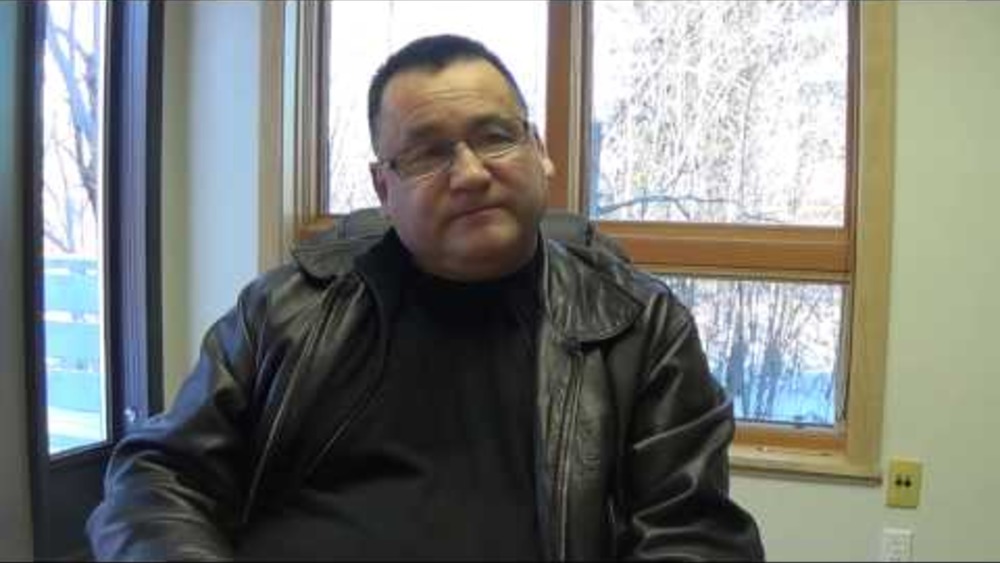
Nipissing Gichi-Naaknigewin
Nipissing First Nation members and staff, members of Chief and Council, as well as the Grand Council Chief, speak to the Nipissing Gichi-Naaknigewin.
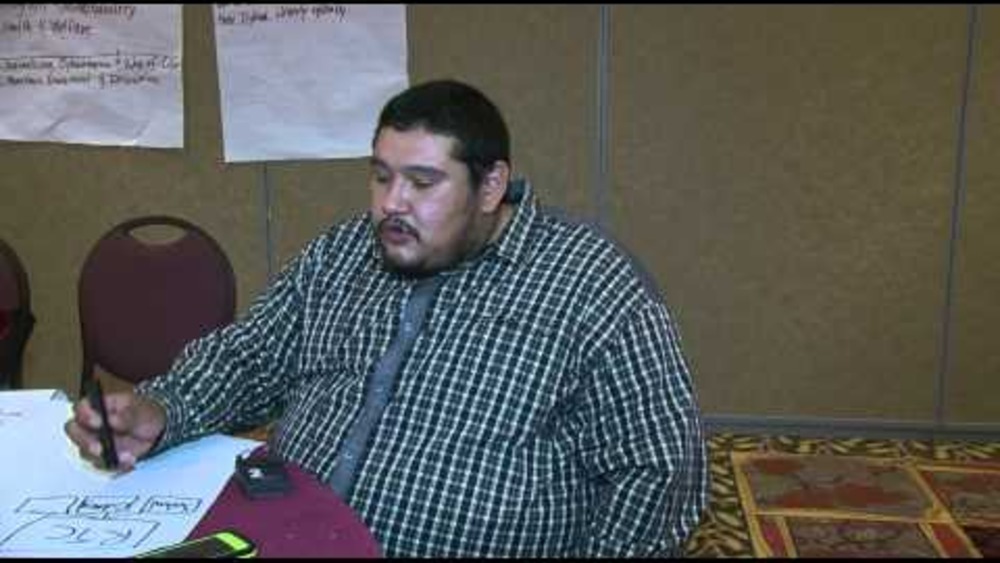
Build Our Nation Convention
A local television news program chronicles the effort of the Leech Lake Band of Ojibwe to deliberate potential changes to its constitution and system of governance.
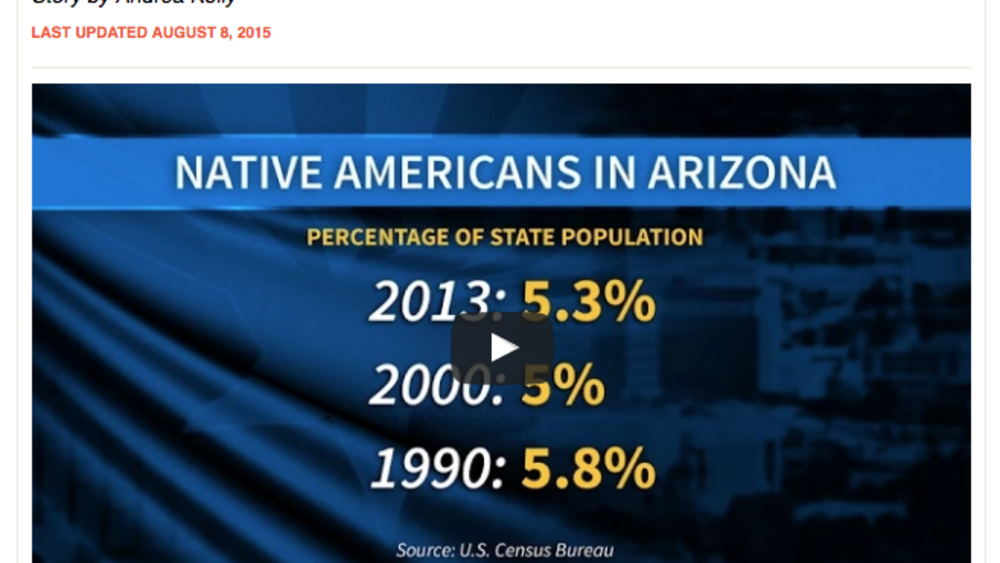
Metro Week: Native American Youth Desire Ties to Homeland
Arizona has 21 American Indian tribes, and 5.3 percent of the state population reports tribal membership to the U.S. Census Bureau. Metro Week explores Native American culture and education. On the program: The Native Nations Institute, a research unit at the University of Arizona, surveyed…
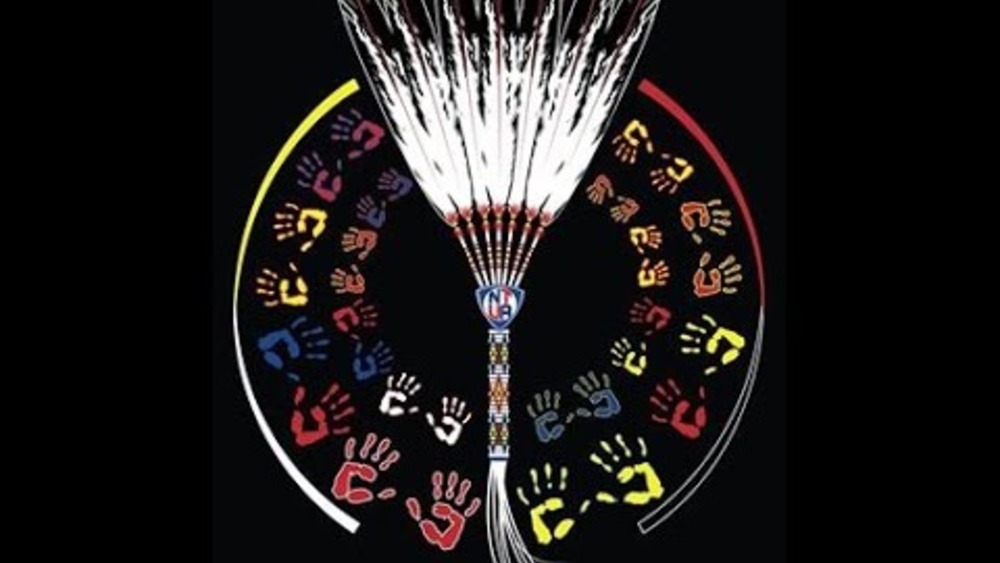
Blackfeet Constitutional Change Class
The summation of all several videos...the complete 6 1/2 hour taping of the discussion of why our current Constitution, Charter, and Plan of Operations have become ineffective for our current times as a people and Piikani Nation for "Blackfeet Government Change" of Joe McKay and Blackfeet Community…
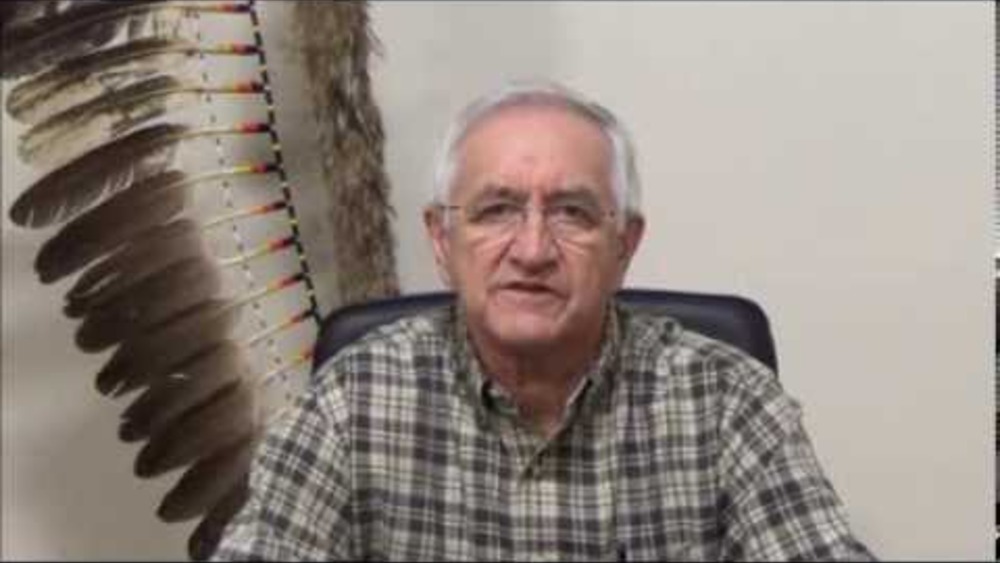
Arnold May: Nipissing First Nation Gichi-Naaknigewin (Constitution)
Counsellor Arnold May of the Nipissing First Nation discusses the importance of the Nipissing Gichi-Naaknigewin (Constitution), which was ratified in 2014 by the Nipissing people.
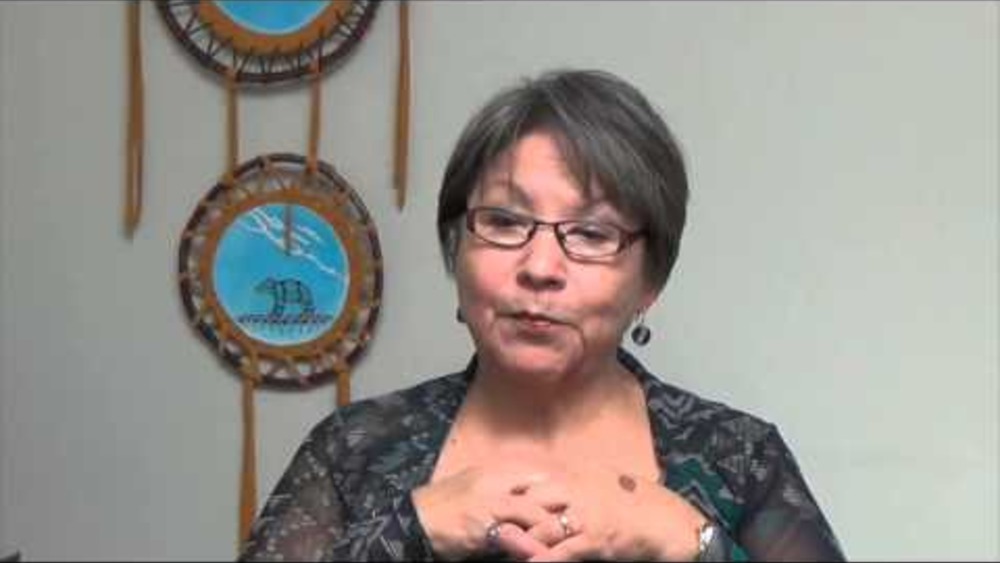
Carol Croxon: Nipissing First Nation's Gichi-Naaknigewin
Nipissing First Nation community member Carol Croxon describes what the Nipissing Gichi-Naaknigewin (Constitution) means to her in this short video explaining the document to the Nipissing people.
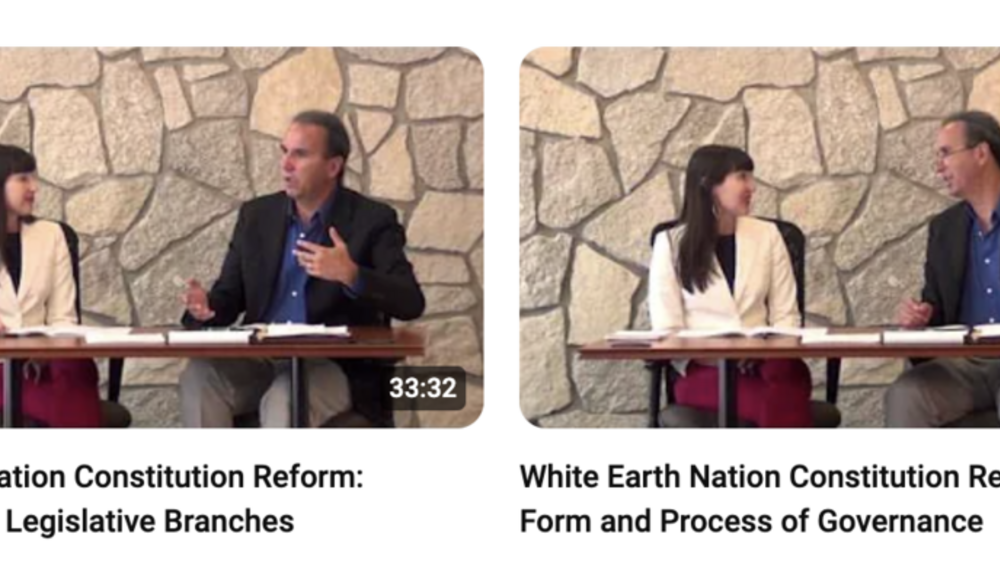
Videos: White Earth Nation Constitutional Reform
As part of its ongoing process of educating the White Earth people and others about White Earth's proposed new constitution, White Earth Nation's Constitutional Education Team produced several videos for White Earth citizens to view in order to gain a better understanding of the key governance…
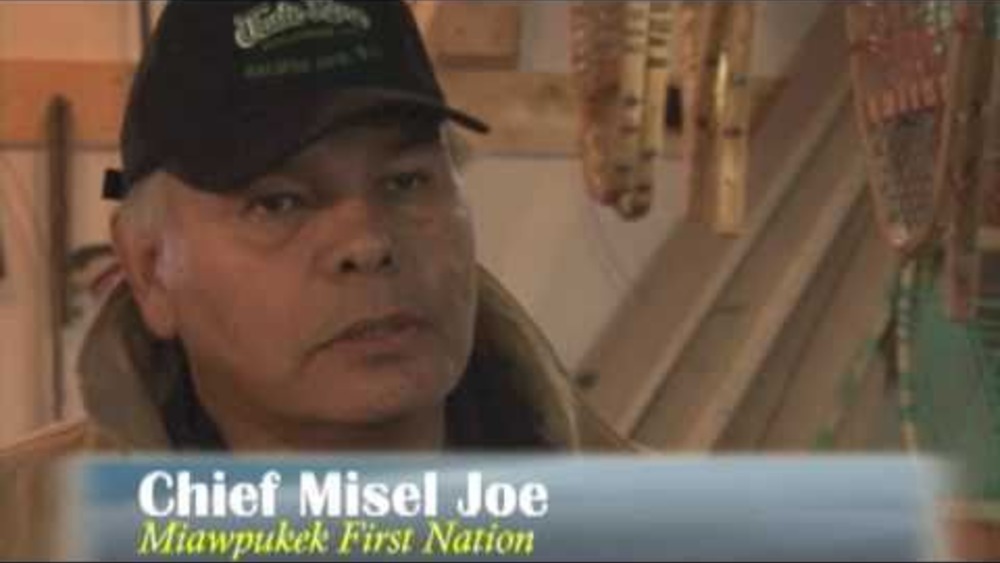
Miawpukek: Success Through Citizen Engagement
"We do have pride in ourselves." Miawpukek citizens talk about the importance of engaging citizens to overcome challenges and build a strong community.
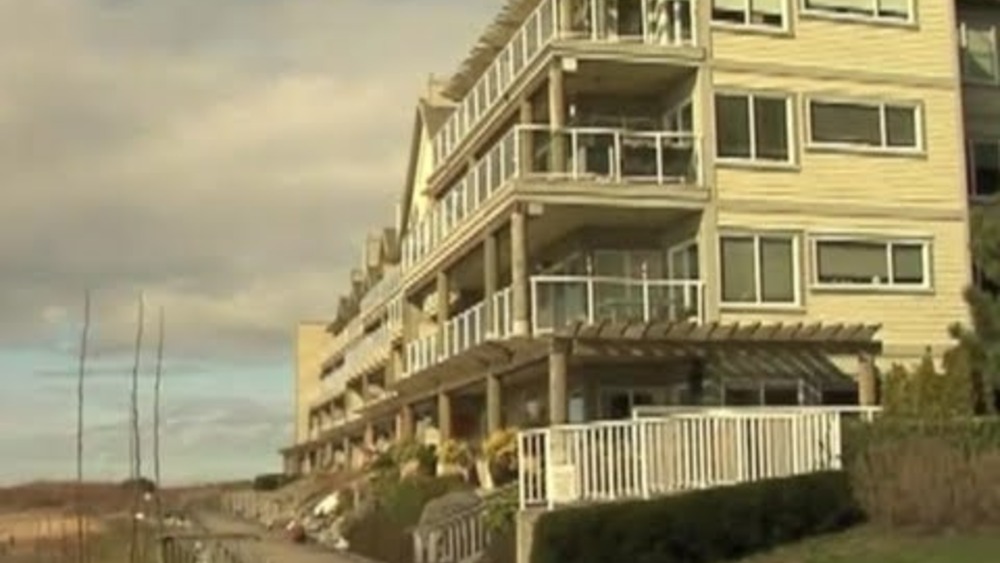
Tsawwassen First Nation: Law and Policy
Tsawwassen's story about creating laws and policies after their historic treaty signing provides important insight for all First Nations who wish to develop laws and policy.
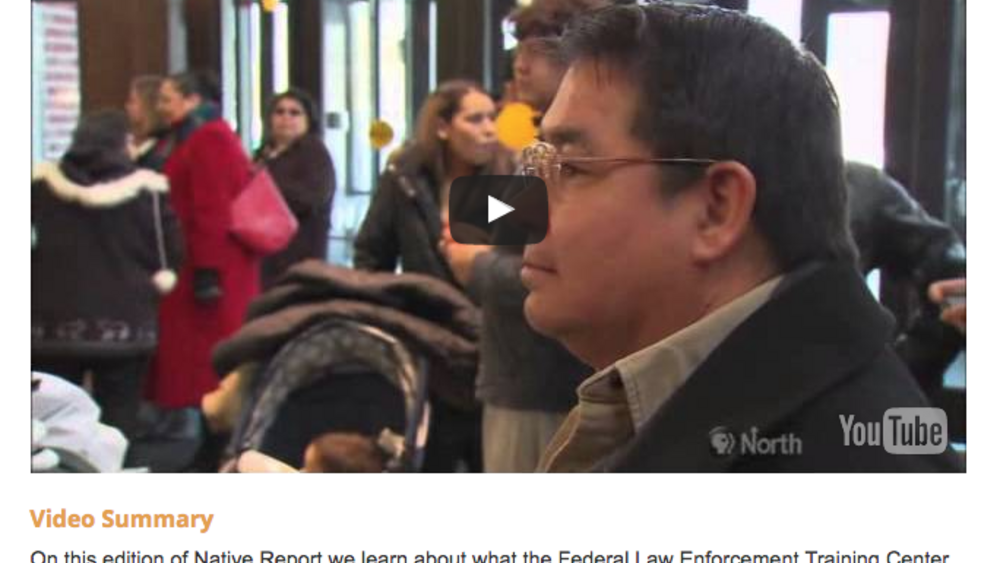
Native Report: Season 6: Episode 7
On this edition of Native Report we learn about what the Federal Law Enforcement Training Center is and why it's important to native people. We travel to the Bois Forte Band of Chippewa to learn about why a State of the Band Address matters to the people of the community and their neighbors; and we…
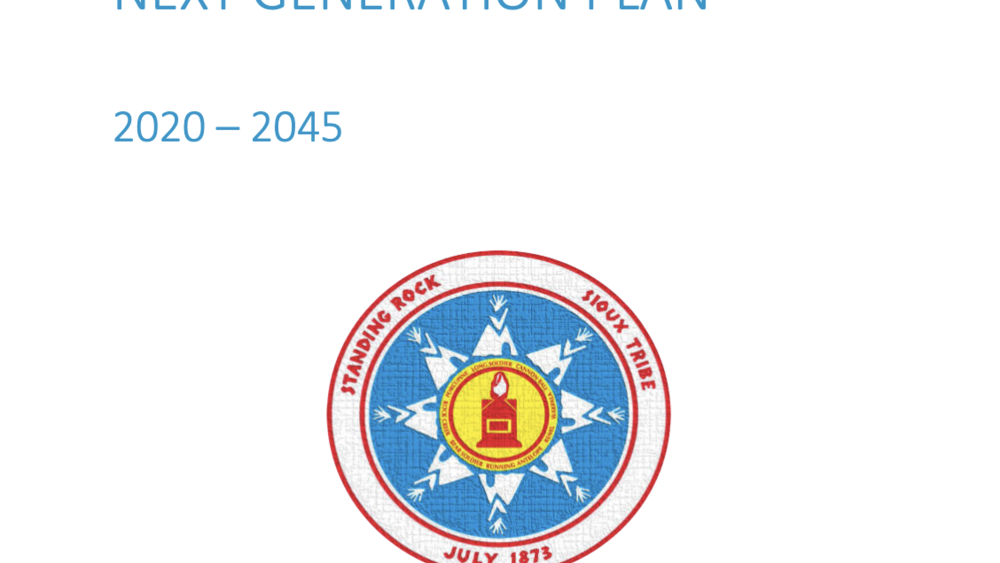
The Standing Rock Next Generation Plan
The Standing Rock Government is engaging in strategic planning. The Standing Rock strategic/government planning model differs from traditional planning models in that it defines 25 years as long term goals, 10 and 5 years as mid-term goals and takes into account the unique dynamics of the…
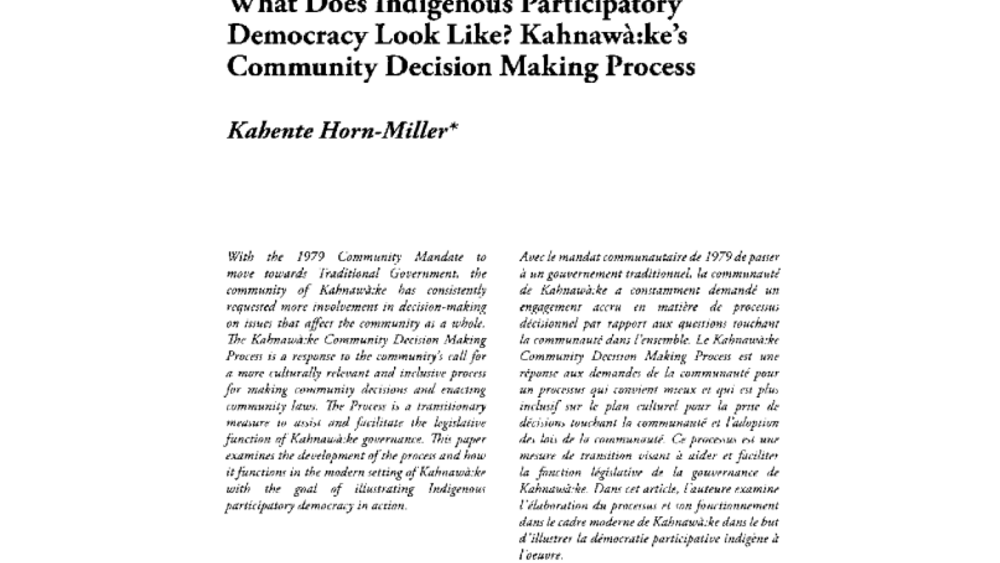
What Does Indigenous Participatory Democracy Look Like? Kahnawà:Ke's Community Decision Making Process
With the 1979 Community Mandate to move towards Traditional Government, the community of Kahnawà:ke has consistently requested more involvement in decision-making on issues that affect the community as a whole. The Kahnawà:ke Community Decision Making Process is a response to the community's call…
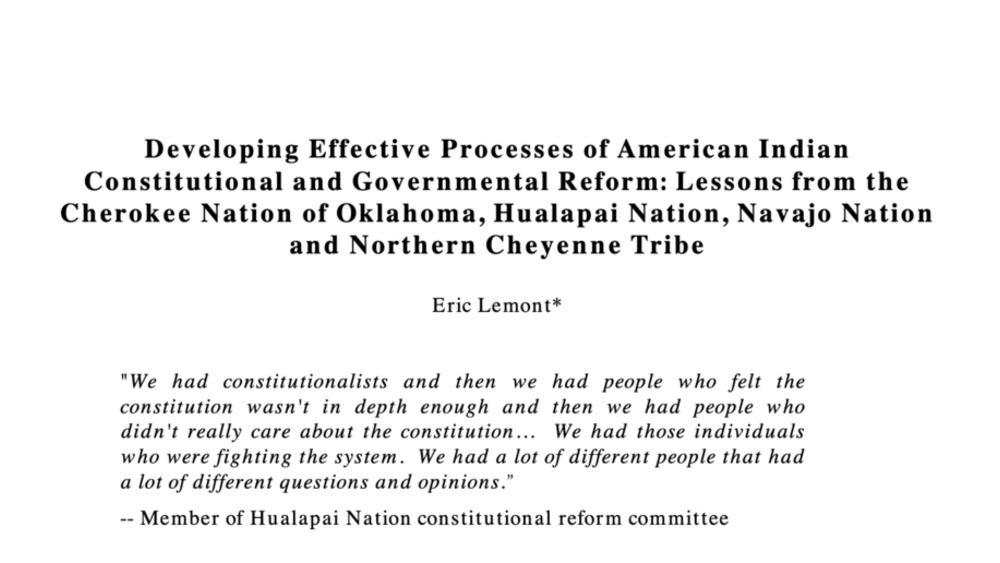
Developing Effective Processes of American Indian Constitutional and Governmental Reform: Lessons from the Cherokee Nation of Oklahoma, Hualapai Nation, Navajo Nation and Northern Cheyenne Tribe
Over the past several decades, numerous American Indian nations have been revising their constitutions to create more legitimate, effective and culturally-appropriate governments. However, successful processes of reform have been hindered by a variety of universal challenges, including political…
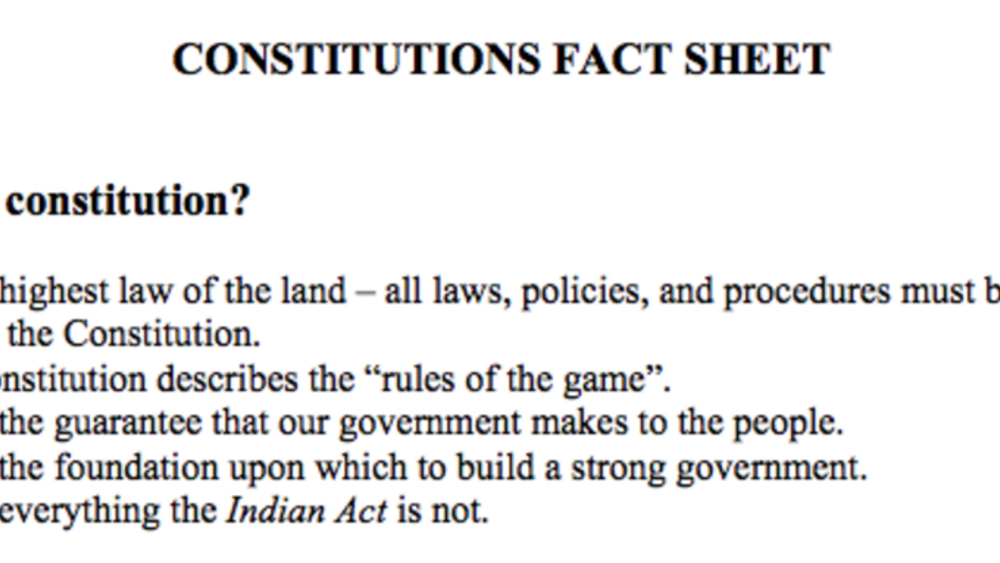
Constitutions Fact Sheet
The National Centre for First Nations Governance developed this quick reference for Native nations who are discussing constitutions and constitutional reform.
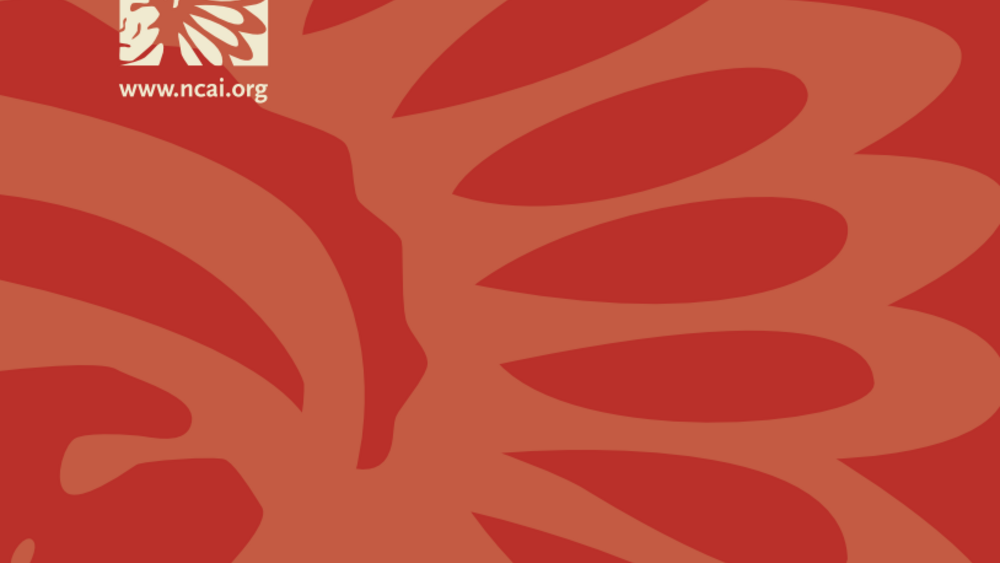
Leadership and Communications in Indian Country
This four-page report outlines the key findings from interviews with five tribal leaders and tribal communications officers across the country. The conversations focused on exploring how communications helps in their daily work, how the communications playing field has changed over the years and…
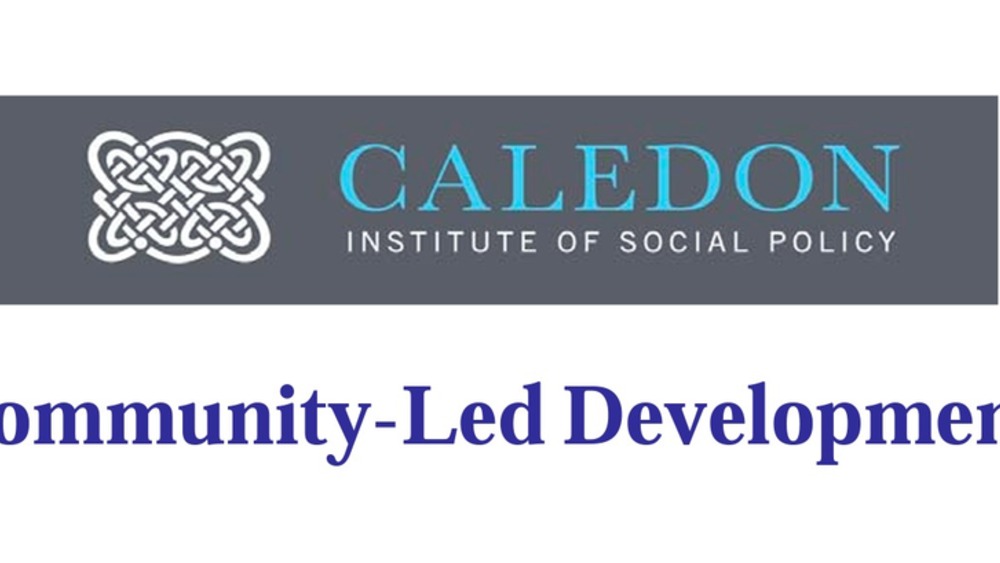
Community-Led Development
The purpose of this paper is to explore the concept and practice of community-led development. It is an approach to tackling local problems that is taking hold throughout the world. While its expression may vary depending upon the community and the specific area of focus, there are nonetheless some…
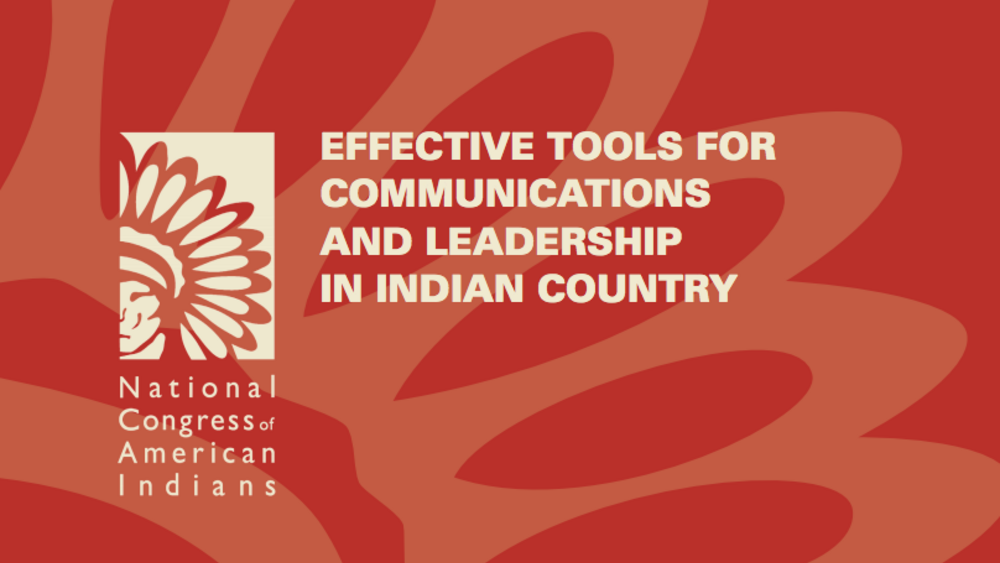
Effective Tools for Communications and Leadership in Indian Country
A thirty-six page toolkit, this NCAI publication outlines the tools, tactics, and strategies from tribal communications experts. The toolkit aims to help tribal leaders and Indian Country advocates in ever changing media and communications landscape.
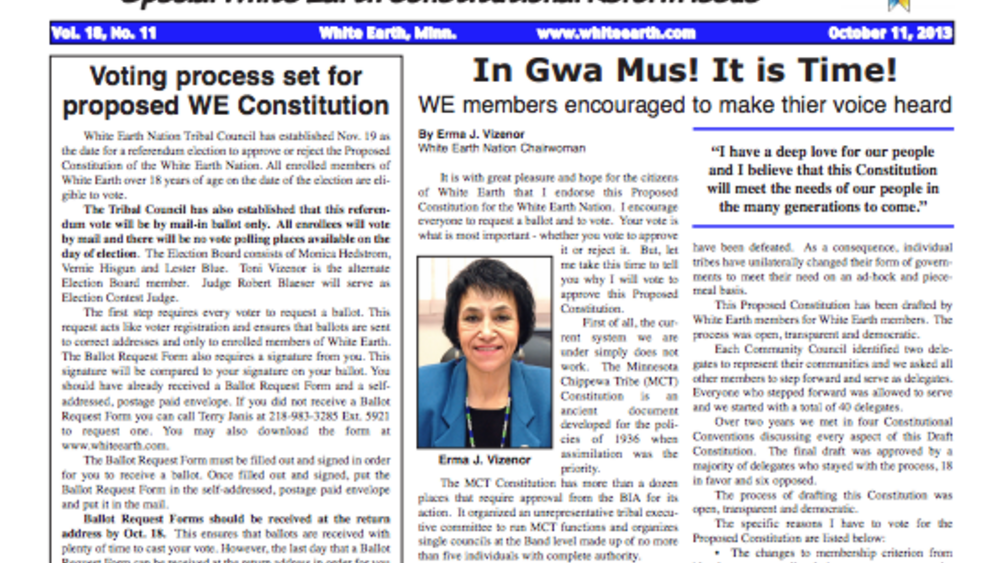
Special White Earth Constitutional Reform Issue
As the White Earth Nation prepares for a referendum election to approve or reject the proposed constitution, the Reform Committee has implemented a series of citizen engagement activities that includes a special issue of the tribal newspaper to inform citizens of the election date, proposed changes…
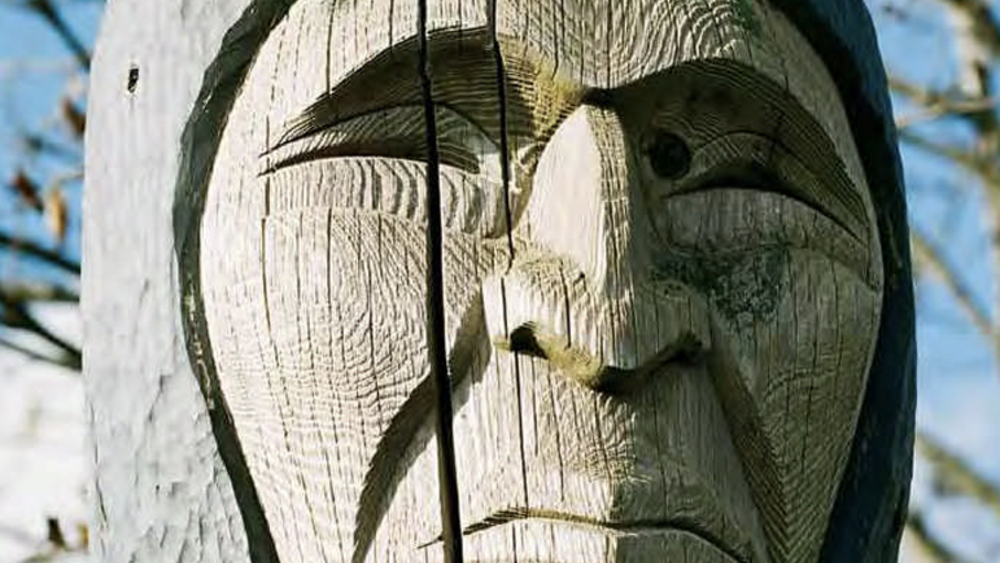
A Guide to Community Engagement
In this third part of the BCAFN Governance Toolkit: A Guide to Nation Building, we explore the complex and often controversial subject of governance reform in our communities and ways to approach community engagement. The Governance Toolkit is intended as a resource for First Nations leadership. It…
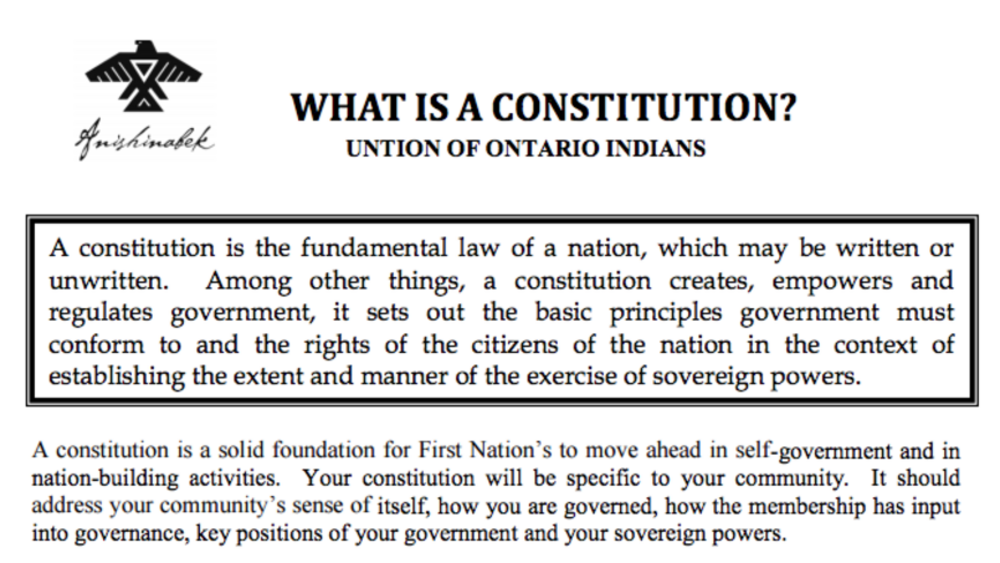
First Nation Constitutions
A constitution is a solid foundation for First Nations to move ahead in self-government and in nation-building activities. Your constitution will be specific to your community. It should address your community's sense of itself, how you are governed, how the membership has input into governance,…
Pagination
- First page
- …
- 4
- 5
- 6
- …
- Last page
